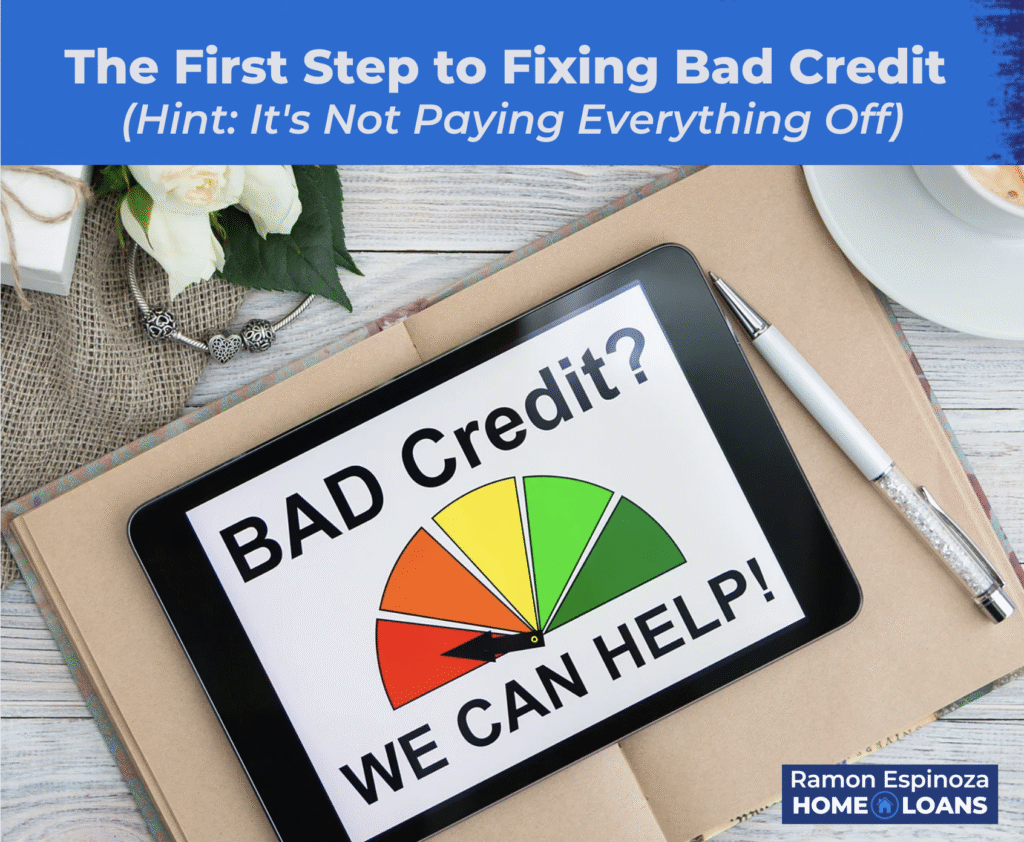Why Zero Is Not The Goal
Many people think paying off all their debt is the best way to fix their credit. The truth is, zero times zero is zero. If you pay off every account, you leave no activity for credit algorithms to measure. Your score can stall or even drop. Lenders want to see how you handle credit over time, not just that you cleared it all out.
Installment Loans Vs. Revolving Credit
Not all credit is equal. Installment loans, like auto loans, have a start and an end. Once you pay them off, they stop building history. Revolving accounts, like credit cards, are different. They stay open and report monthly, which builds long-term credit health. For that reason, revolving credit is often more powerful in raising your score than an installment loan.
The Sweet Spot For Balances
One of the most common mistakes is paying off cards too early in the billing cycle. You may think you are keeping balances low, but if the bank reports a maxed-out card before your payment posts, your score takes a hit. The best practice is to keep your balances at 1–2% of the limit when the statement due date, reports. That’s where you earn the most points.
Common credit mistakes to avoid:
- Paying cards off too soon before the statement date
- Carrying high balances that are close to the limit
- Closing old accounts that provide long history
- Ignoring collections will damage scores
- Relying only on installment loans without active revolving credit
Each of these mistakes can drag down your score, even if you think you are managing responsibly.
A Smarter Way To Build
Think of credit like a report card. You don’t want straight zeros. You want steady, positive marks. Leaving a small balance shows you can manage debt without overextending. Keeping old accounts open shows stability. Paying on time every month proves consistency. These patterns matter more than a single act of paying everything off.
Real-World Example
I often meet people who charge everything on one card for the rewards and then pay it off mid-month. On paper, that card looks maxed out when the bank reports, even though they clear it later. They lose 10 to 15 points that month. Adjusting the timing and keeping the balance around 1–2% fixes the problem without spending more.
Building Momentum Toward Homeownership
If your credit needs work, the first step is not wiping everything clean. It is learning how lenders read your habits and making small adjustments. Our team offers free credit repair because we know how much these details matter. Better credit means better loan options, lower rates, and more flexibility when you are ready to buy.
The Path Forward
Credit repair is not about shortcuts. It is about consistent, smart moves that show responsibility. By managing balances, timing payments, and keeping accounts active, you can raise your score faster than by paying everything off at once.
We don’t say “no,” we say “how.” If you want to buy a home in Arizona but feel stuck with your credit, we can guide you step by step. Together, we’ll create a plan that improves your profile and gets you closer to the keys of your own home. Our guidance can save you time, money, and stress.
– REHL Team: Contact Clemente at clemente@ramonespinozahomeloans.com or Ramon at ramon@ramonespinozahomeloans.com.
Se habla Español

